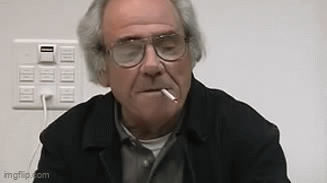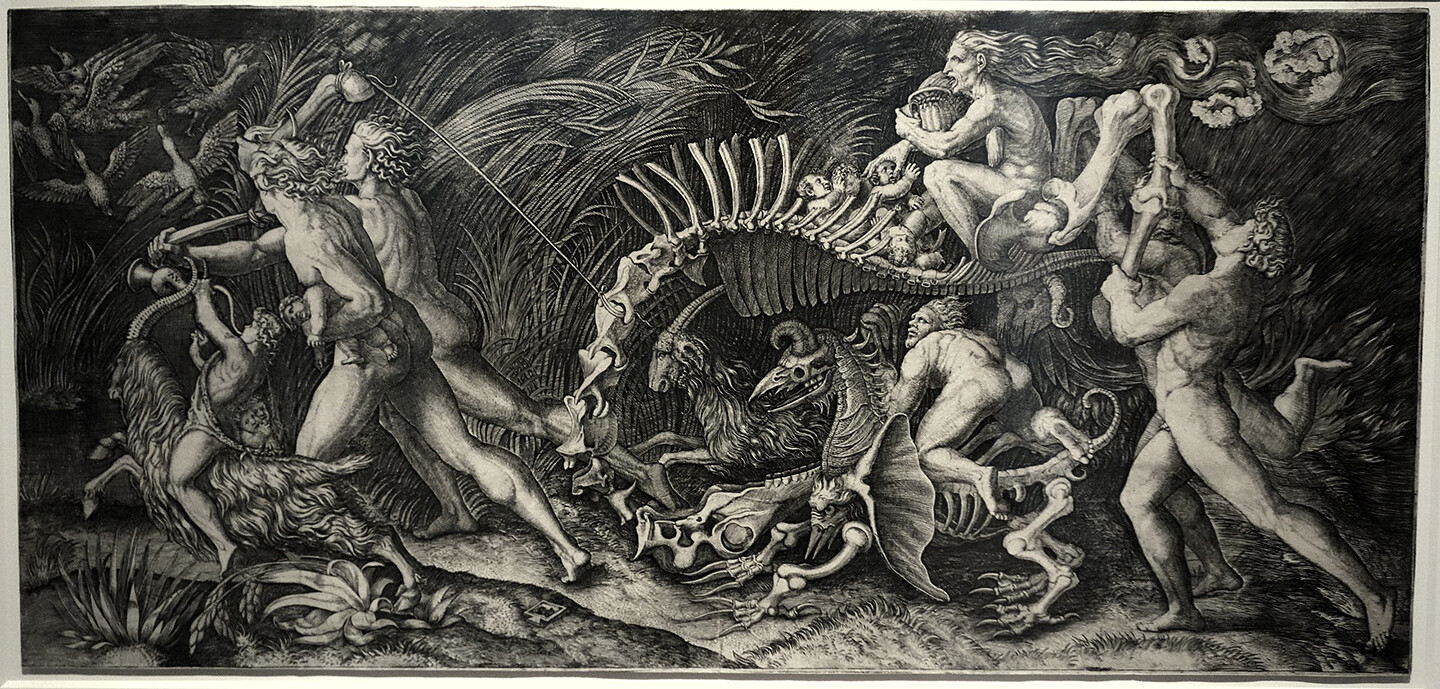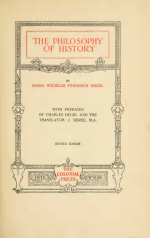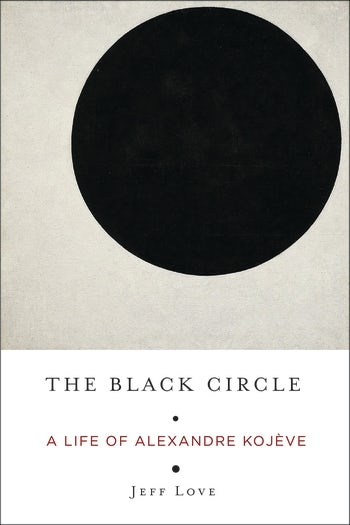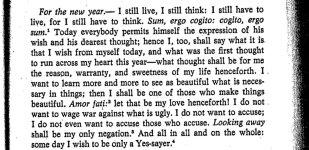That
Yuk Hui piece I posted in the Trump thread leans heavily on Hegel.
I am increasingly convinced that we need to go back to Hegel’s concept of world history and world spirit to explain the historical psychology of the modern epoch. Only by understanding Hegel and the economy of the spirit might we avoid becoming mere elements of the dialectical algorithm and instead reset the rules or invent a new game. Alexander Kojève, an important reader of Hegel who popularized him among French intellectuals in the first half of the twentieth century, understood Hegel as essential to grasping the world process, yet he also resisted Hegel. A few months before May 1968, Kojève admitted that he thought Hegel was wrong in saying that Napoleon marked the end of history. In fact it was Stalin, claimed Kojève:
The end of history wasn’t Napoleon, it was Stalin, and I’d be in charge of announcing it, with the difference that I wouldn’t be lucky enough to see Stalin ride past my window on horseback, but anyhow … After the war, I understood. No, Hegel wasn’t mistaken; he gave the exact date of the end of history, 1806. What has happened since then? Nothing at all, just the alignment of provinces [of empire]. The Chinese revolution is merely the introduction of the Napoleonic Code into China. The famous acceleration of history that everyone talks about—have you noticed that as it speeds up, historical movement advances less and less?
1968 was the year of a worldwide student movement, a world-historical event that coincided with Kojève’s death as well as the beginnings of a liberal economy in Europe. Kojève, an experienced French diplomat—and a Soviet KGB agent—clearly saw historical movement stagnating with a universal homogeneous state, or with the triumph of thermodynamic ideology. Either way, his resistance against Hegel falls back into the logic of Hegel. But the world spirit was never Napoleon or Stalin so much as a logical necessity of the historical process itself, of the exigency to overcome a contradiction that leads to unhappy consciousness. From the standpoint of this economy of the spirit, Trump’s victory could only be expected, not because Trump is a great leader—on the contrary, he seems more like a con man—but because he understood the political climate in time to ride its wave. And now we can foresee the reversal of the order of globalization as part of the world process.
Yuk Hui on the recent US election and the return of neoreaction.
www.e-flux.com

